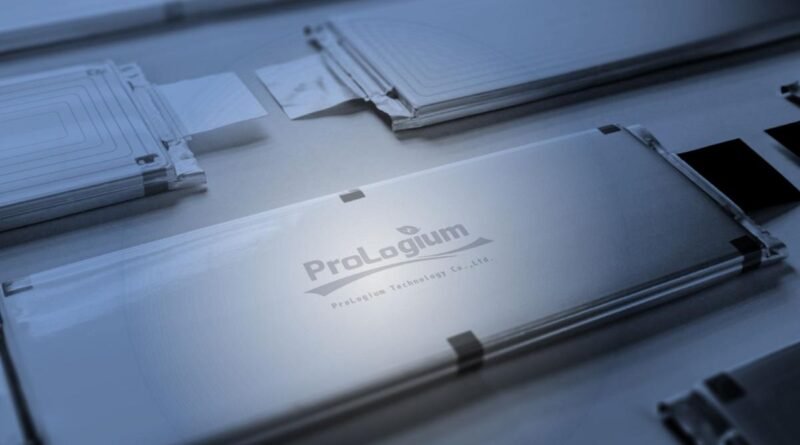ProLogium Technology has revealed its fourth-generation lithium-ceramic battery (LCB) system at CES 2025. Containing a fully inorganic electrolyte, the next-gen battery eliminates organic content entirely and increases inorganic content from 90% to 100%. In the process, it enhances energy density, charging speed, low-temperature reliability, and safety, while simultaneously redefining what next-generation batteries can achieve.

ProLogium’s breakthroughs in energy density surpass lithium iron phosphate (LFP) batteries by 99%, 111%, and 150% over three years. Compared to third generation’s 359 Wh/kg and 811 Wh/kg, the fourth-generation LCB achieves 380 Wh/kg and 860–900 Wh/L, improving range, reducing costs, and enabling lighter, more efficient designs. The system supports thick-film and bi-cell technologies, paving the way for further advancements in battery performance.
The fourth-generation LCB system also cuts charging time to just 4 minutes for 60% capacity and 6 minutes for 80% as opposed to third-gen’s charging time from 5% to 60% in 5 minutes and 5% to 80% in 8.5 minutes. This rapid charging mirrors the convenience of refueling, while boosting charging station efficiency and profitability.
Unlike conventional lithium-ion or sulfide-based batteries, ProLogium’s fully inorganic electrolyte is inherently non-flammable, even under extreme heat or voltage. An advanced Active Safety Mechanism (ASM) further prevents thermal runaway by activating automatically at high temperatures. In rigorous overcharge tests—including 300 °C, 5 C, 20 V, and 250% capacity—the battery remained fireproof and non-combustible, achieving a Hazard Level of 2–3. These advancements set a new benchmark for safety in next-generation batteries.
ProLogium’s battery also excels in extreme cold, with 2–3 times the ionic conductivity of traditional liquid batteries at room temperature. Even at -20 °C, it delivers consistent range performance, eliminating concerns about unpredictable driving distances in harsh conditions.
ProLogium’s ceramic separator and advanced wet film coating technology deliver three times the thermal conductivity of traditional liquid batteries. Large-format cell designs (200–500 × 560 mm) enhance heat dissipation, ensuring stability even under high-load conditions like high-speed driving. Additionally, the planar liquid cooling system reduces reliance on active cooling, lowers activation frequency, and improves overall energy efficiency.
“Building on our success, we’re nearing our 2026 target of surpassing 450Wh/kg and 1000Wh/L with lithium metal anodes.”
Vincent Yang. Founder and Chairman of ProLogium

